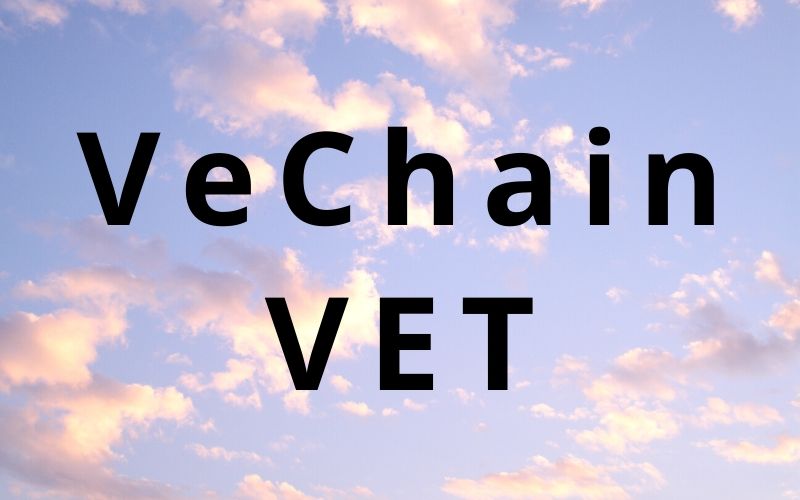Two Italian companies, Coldiretti (major organization representing agricultural entrepreneurs at national level) and Princes ($1.7billion of revenues in 2017) has partnered to launch a project to guarantee the vegetable supply chain, where VeChain is integrated as a decentralized ledger technology (DLT) to support the project.
According to the report, the sector has for some time leveraged the advantages of decentralized systems to certify raw materials, products, processing, and distribution of food.
Thanks to traceability via the blockchain, tomato distribution has now become digital and safe, the report added.
Coldiretti and Princes Involve VeChain in Their Deal to Support ‘Made In Italy’ Sector
Coldiretti and Princes, a multinational firm that manages the largest tomato processing plant in Europe, signed a deal to support the made in Italy sector by enhancing the quality and national origin, with a remuneration that farmers have not witnessed for 22 years.
According to the report, among other initiatives, the growers’ association and the group are building a digital platform based on blockchain technology, an application that is taking place for the first time in Italy.
Going by Coldiretti’s account, “the platform will ensure product traceability throughout the supply chain and compliance with all the requirements envisaged with strong benefits in terms of safety, efficiency, and automation of inter-company transactions”
With the aid of VeChain blockchain, there will be a precise guarantee that the tomato comes from cooperatives that respect the required ethical standards.
The executive director of Tokenfarm and head of the economic area of Coldiretti, Pier Luigi Romiti, said:
“We realized that this type of technology, born a decade ago, more or less around 2017, began to be studied and implemented basically by the distribution channels. Which shifted the added value on that side of the commercial chain.
“This time we were ready and after the work of a year and a half, we involved 300 companies, 17 cooperatives and six associations of producers who, within a three-year agreement very important for the price of the raw material, agreed to track all their supplies. Three million quintals of tomato pass through the Princes plant every year. We are now in the process of being adopted by farmers, who we trained during the COVID emergency to use the app for the insertion of data that are then certified in the blockchain”.
Pier Luigi Romiti further added that “It will obviously be an experiment open for several years because we will have to perfect the blockchain with our partner Vechain. But in the meantime the first experiment has convinced us that it is the right way: we pay more for the tomato and we guarantee its quality”
